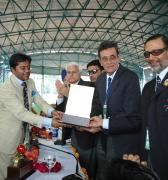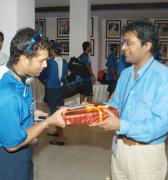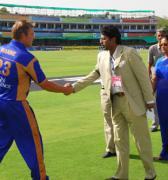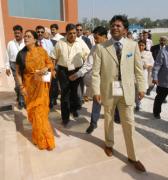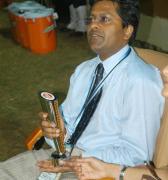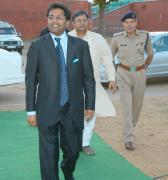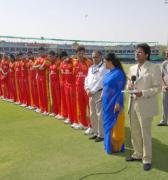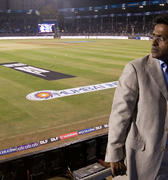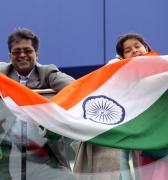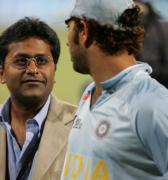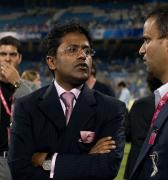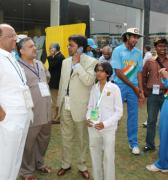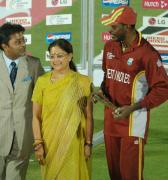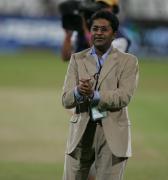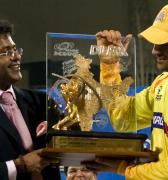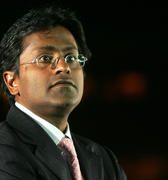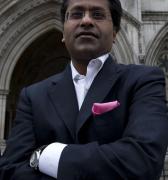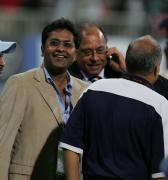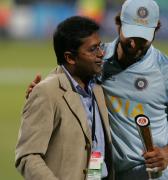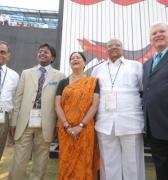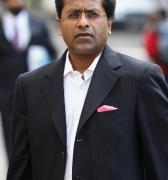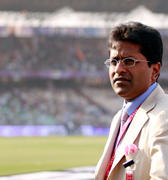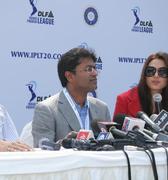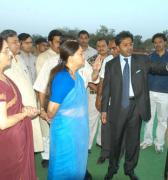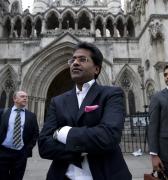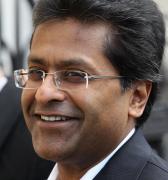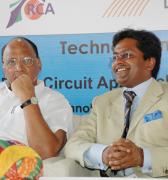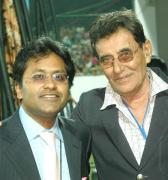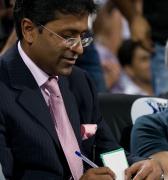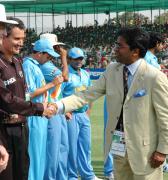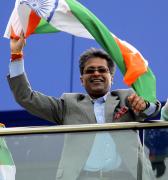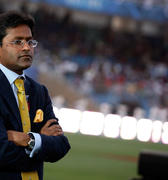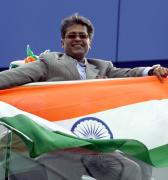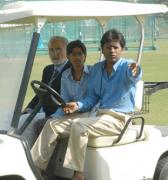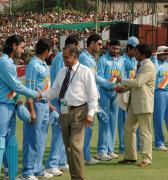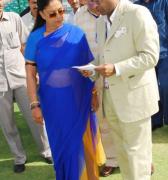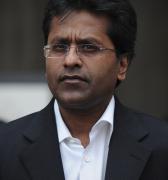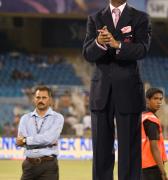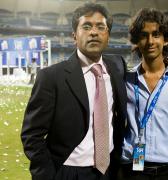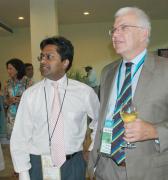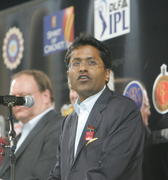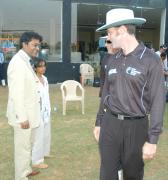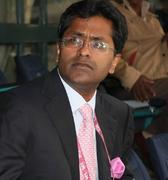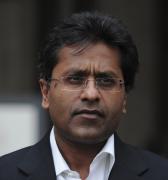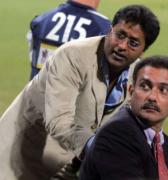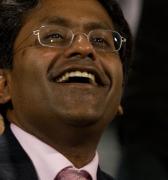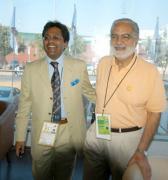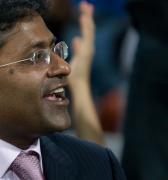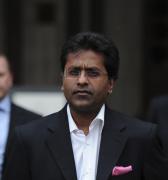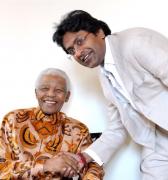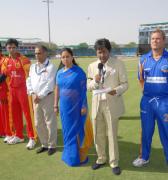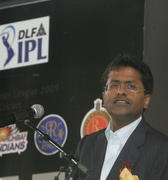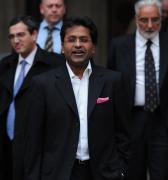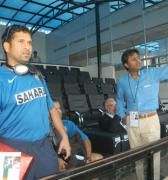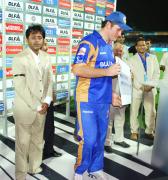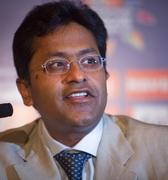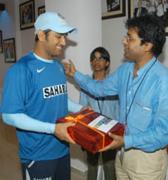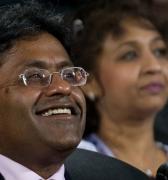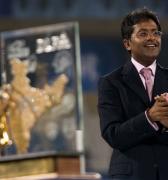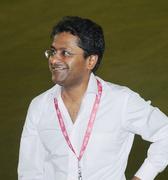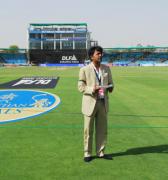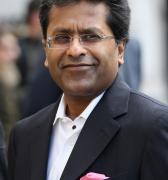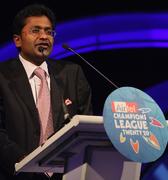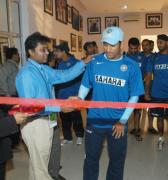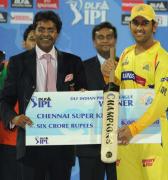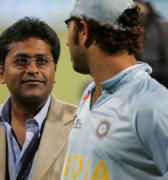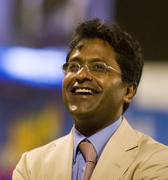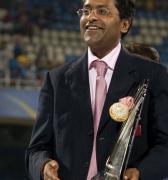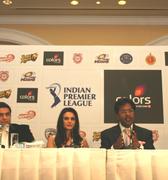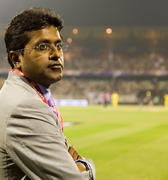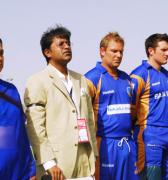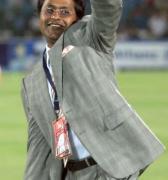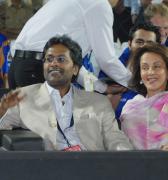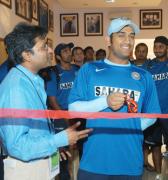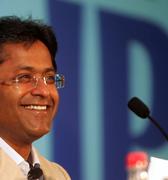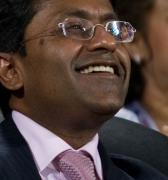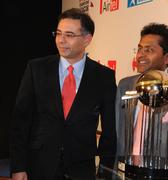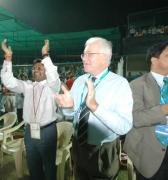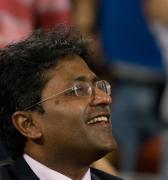So the IPL's governing Council is apparently going to sit and assess the state of the IPL after this tournament is over. I hope they will consider changing some of the things that, frankly, they shouldn't have changed in the first place!
So much has been spoken or written to reflect the issues the IPL now faces, but the reality is that the IPL administrators have got themselves into a position where people are beginning to believe the IPL is in an irreparable mess.
It's currently 'open season' on the IPL and I believe it's because the tournament has suffered from a lack of insight and awareness from those now running it. So far, they have failed to spot the train hurtling towards them on the track and now they can't afford to sit around and wait for someone else to put the brakes on.
There will be some of you who are saying that such a statement from me is nothing more than a case of 'sour grapes', but I truly believe the IPL's current problems could have been avoided with strong leadership.
The truth is that perception is sometimes as damaging as reality, so the BCCI and it's supporting councils must act quickly. The match fixing issue requires swift, publicly visible activity, which reaches beyond a conclusion on the current allegations and out to clearer procedures and sanctions for longer-term detection and prevention. In this regard, they have a duty to lead by example.
On a wider scale, they also have to atone for their own mistakes in changing the IPL business model. Let's look at the facts as they stand.
The IPL' is still relatively new. Unlike every other successful tournament around the world, it only has five year's worth of tradition (if you can call it that).
I have said many times that we intended the IPL to be innovative year-on-year. Rapid development is a natural by-product of any new product as practical outcomes demand changes to the initial theory. That is a fact of life in any industry and the IPL isn't - and never was - any different.
As everyone knows, the auction process for the big name players was an integral part of the whole plan in terms of excitement and anticipation. The principle that each franchise be afforded equal funds ensured that single team could buy up all the best players and create competitive imbalance.
I conceived the IPL as a tournament that was competitive. Establishing a hierarchy based on the ability to pay the most to attract the best, as in the English Premier League, was no good for an emerging tournament.
But leaving the uncapped players out of the auction process clearly caused an imbalance. It enabled teams to speak directly with this specific group of players and induce those they considered the best to play for them with negotiated payments. That not only created potential for the competitive inequality we wanted to avoid, it has also allowed teams and players to formulate financial arrangements outside the IPL framework. Player retention emerged as a consequence and the issue should have been identified and the loophole firmly and swiftly closed.
If ALL players are in the auction, there is complete financial transparency and an immediate end to the possibility for local inducements from teams to their preferred players. Basically, if players are important to a franchise, then let them bid for him. That imbalance has to be redressed.
The result would be a fresh beginning for every team, every player and every fan with the anticipation levels heightened season-upon-season and the tournament naturally re-invigorated.
Let me be absolutely clear that allegations of spot-fixing, general corruption, and suggestions of public indiscretions by players are all important issues that should also be tackled with a vigour and determination. But the lack of transparency singularly created by the auction process and the subsequent allegations of underhand payments, have been a serious cause of the negativity now surrounding the IPL.
Strong leadership is now required to ensure a fundamentally correct approach at the very top of the tree permeates through the system to reflect a league that is credible, well managed and dignified. The IPL is not dying as some seem to take immense satisfaction in suggesting, but it is in need of some fresh thinking after a period of stagnation. The tournament is playing to packed stadiums this season, so the interest in the product from fans across the country clearly remains intact.
But if they're not careful, the recent reduction in marketing spend is in danger of letting the public's enthusiasm slip away at the same as its administrative credibility is waning.
The IPL remains a wonderful product, but when IPL 5 is over, the people now in charge, need to show they actually DO know something about running a league.


















